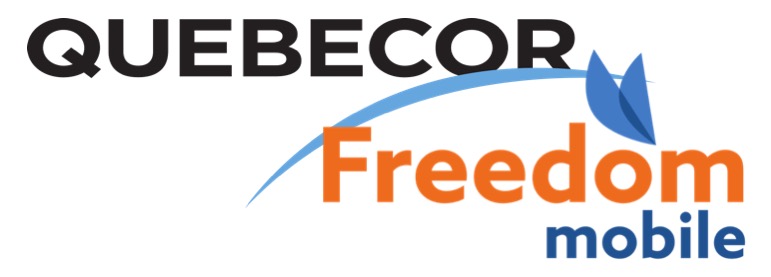
Telus Launches LTE Wireless in Gold River and Tahsis on Vancouver Island
Telus has announced it has launched new LTE wireless sites in Gold River and Tahsis, on Vancouver Island in British Columbia, part of a $2 million investment in the area for two new cell sites.
The company says the launch of its LTE wireless networks in Gold River and Tahsis brings “vital wireless voice and Internet services to these west coast Vancouver Island communities for the first time.”
Telus also announced today will be upgrading wireless services in the community of Tsaxana later in 2020, part of a collaboration with the Mowachaht/Muchalaht First Nation.
“Our team’s efforts to increase wireless capacity in rural and urban communities across Canada, including our home province of British Columbia, will ensure residents have access to the personal, educational, health, and economic benefits that will enable them to participate fully in our global digital society,” said Darren Entwistle, TELUS President and CEO.
“Gold River is very excited to finally have cell coverage,” said Gold River Mayor Brad Unger. “This will definitely increase Tourism and business opportunities in the future. It will also be a huge benefit for our protective services (Police, Fire, Ambulance and Health Clinic). We have worked with Telus for many years to achieve this strategic priority. Thanks for your investment in Gold River Telus.”
Last week, Telus announced it had connected every single community in B.C., with 1,000 residents or more with 4G LTE wireless service. This latest connectivity in Gold River helped Telus reach the milestone, says the company.
“Tahsis is celebrating the arrival of cell service as increased connectivity is central to promoting our community’s economic development, especially tourism. TELUS heard our pitch for cell service and delivered,” said Mayor Martin Davis of Tahsis, in a statement.
Last week, speaking at the CRTC public hearing on wireless services, Telus said if the federal government mandates mobile virtual network operators (MVNOs), it would reduce $1 billion in investments, cut jobs and also philanthropic giving.


